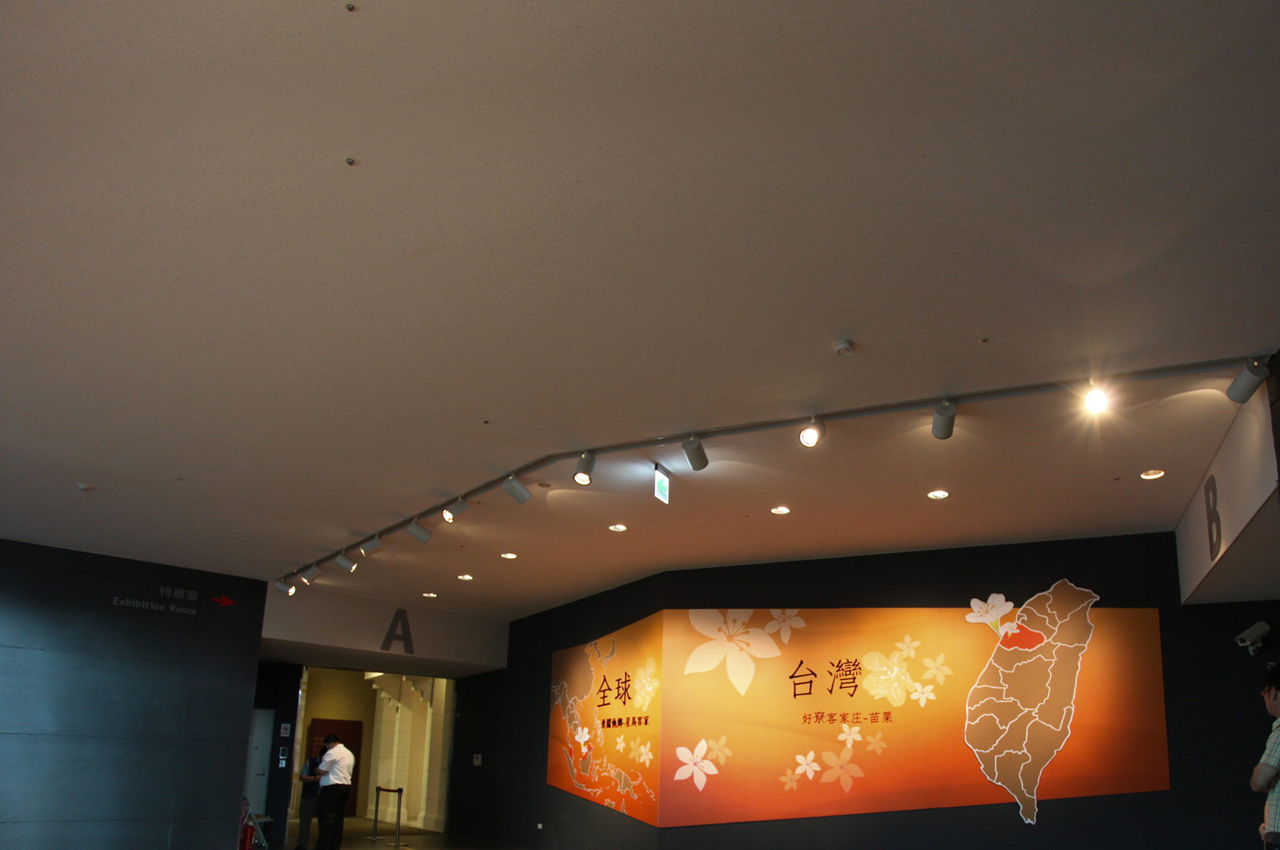Exhibition Review
5th Special Exhibition Hall - The fifth special exhibition room - "Hakka meets Christianity"

Exhibition period: March 31, 2021 - June 30, 2021
Venue: The fifth special exhibition room of the Taiwan Hakka Cultural Center
Curatorial statement
In the latter half of the 19th century, Western missionaries got to know a group of Hakka ethnic groups who used languages different from Mandarin in Southeast Asia, Hong Kong, Guangdong and Taiwan. These missionaries brought Christian dogma and while being moved by these people's simplicity and diligence also began to learn their language and culture called "Hakka". They also prepared various texts such as Hakka language dictionaries, proverbs and textbooks to introduce Hakka's history and customs to the western world through the church.
One of the most famous is the Basel missionary society, headquartered in Basel, Switzerland. At present, there are a large number of precious early Hakka documents and corpus in its church archives. By telling the story of the encounter between Hakka and Christianity, this exhibition allows more people to understand the uniqueness of Hakka from a global perspective as well as the importance of Hakka cultural preservation.
Unit A: Hakka meets Christianity
Nowadays, Hakka people are all over the world and there are many historical materials on the study of the Hakka language. In addition to Chinese historical materials, with the outbreak of the Taiping Heavenly Kingdom in the middle and late 19th century, people in Europe and America gradually noticed the Hakka ethnic group and wrote many articles, special books and dictionaries in foreign or bilingual languages to introduce the culture, history and language of the Hakka ethnic group. Among this there are many valuable Hakka records. For example, A Chinese-English Dictionary: Hakka-Dialect as Spoken in Kwang-tung Province was published in 1905 and could be regarded as one of the earliest compiled English guest bilingual dictionaries and has rich historical and cultural value and significance.
Unit B: Learning your dialect • preaching my religion
With fleets in the era of great navigation, missionaries overcame geographical barriers and sailed from Europe to Asia in the hope of launching a new field of gospel. The first problem encountered by these missionaries who came thousands of miles to the East, whether Catholic or Protestant, was the language. Language is not only necessary to spread the gospel but is also the key to understanding the culture of various ethnic groups. To this end, the first effort of missionaries was to overcome the language problem and to master the local language and share experience so that their successors could have convenient learning tools. Thus, compiling dictionaries became important work to this end.
Unit C: “Hakka" in the Eyes of Missionaries
Before the missionaries of the Basel missionary society entered the Hakka area to preach, they did not have any references on the history of the Hakka people. Therefore, after entering the Hakka area, they tried very hard to understand the Hakka in various ways. They observed and recorded the daily life, traditional culture and ethnic history of the Hakka people at that time and formulated dictionaries and texts in the Hakka language for publication. Therefore, modern Western churches could understand and get to know the Hakka settlements through these documents, and the modern Hakka people could be connected with the wider world through this.
Unit D: The spread and influence of Taiwanese Hakka
The words of the ancestors could not be forgotten even if you have sold the ancestral fields. The edification of the ancestors could not be ignored even if you have sold the ancestral graveyard.
~Hakka proverb
Hakkas in Taiwan once had the reputation of an "invisible" ethnic group and their language and culture was gradually lost and weakened. Under the influence of the "Mandarin" policy of the rulers in different periods of social change, the Hakka dialect was silently marginalized. Fortunately, people with insight noticed the plight of this rapid disappearance of the Hakka language. Since the 1980s, they have actively called for the importance of the preservation of the Hakka language and Hakka culture through social movements and other various ways.


